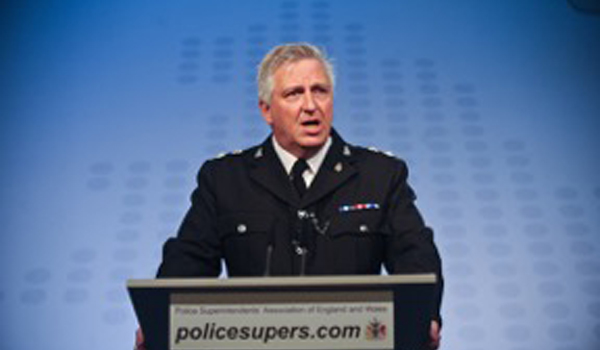Police fatigue ‘the elephant in the room’
A new approach to supporting at-risk and over-tired officers is needed to address the widespread problem of exhaustion.
Conventional ways of managing fatigue are no longer enough on their own, delegates at the Police Federation of England and Wales (PFEW) annual conference have heard.
Despite research showing people are twice as likely to suffer injury if they get less than six hours sleep a night, 33 per cent of officers believe extreme tiredness has affected their ability to work.
The PFEW is now calling for greater emphasis to be placed on officers’ rest and wellbeing – as well as the appointment of a national policing lead to oversee a new fatigue policy.
“This is the elephant in the room and we need to be much more aware of it within the organisation,” said PFEW legislation and equality and diversity lead Jayne Willetts.
The PFEW’s wellbeing survey, published in 2016, found 56 per cent of officers believe fatigue has interfered with their social or family life, while a third said it interfered with their ability to perform their duties.
Meanwhile, 66 per cent indicated that their workload was too high, and around a quarter said they were often pressured to work long hours.
Dr Paul Jackson, from the Transport Research Laboratory, told the PFEW’s conference on Tuesday (May 22) that exhaustion stemming from having to work long shift patterns could be having drastic effects on officers’ wellbeing.
He said that after 17 hours of being awake, an individual’s performance on a test is equivalent to someone with a blood alcohol rating of 0.5 – significantly impairing their alertness and decision-making skills.
However, the conference heard that traditional methods for managing fatigue, such as limits on working hours, are no longer enough on their own to protect officers’ wellbeing.
Figures released in April also showed officers in England and Wales are owed the equivalent of 250,000 rest days, denying them vital opportunities to recover.
Ms Willetts conceded more research is needed to clarify the scale of the problem posed by fatigue but called for a culture change in how the service protects its workforce’s welfare.
The PFEW wants to see better recording of how often officers have to work beyond their designated hours and the introduction of training on healthy sleep habits.
It also requested a national policy on fatigue with buy-in from the College of Policing and National Police Chiefs’ Council, to ensure every officer receives the same treatment regardless of where they work.
This would require the appointment of NPCC lead to implement policy change.
The PFEW will begin a new survey in the next few months to find out more about issues of capacity and welfare.
Ms Willetts said: “Bosses are not currently listening. Until we get a chief constable lead who will step up… this won’t change, because unfortunately policies can’t be enacted unless we’ve got a lead from the chiefs themselves.”
She added: “We can’t carry on the way that we are. We are at risk of a burned-out police force.”







